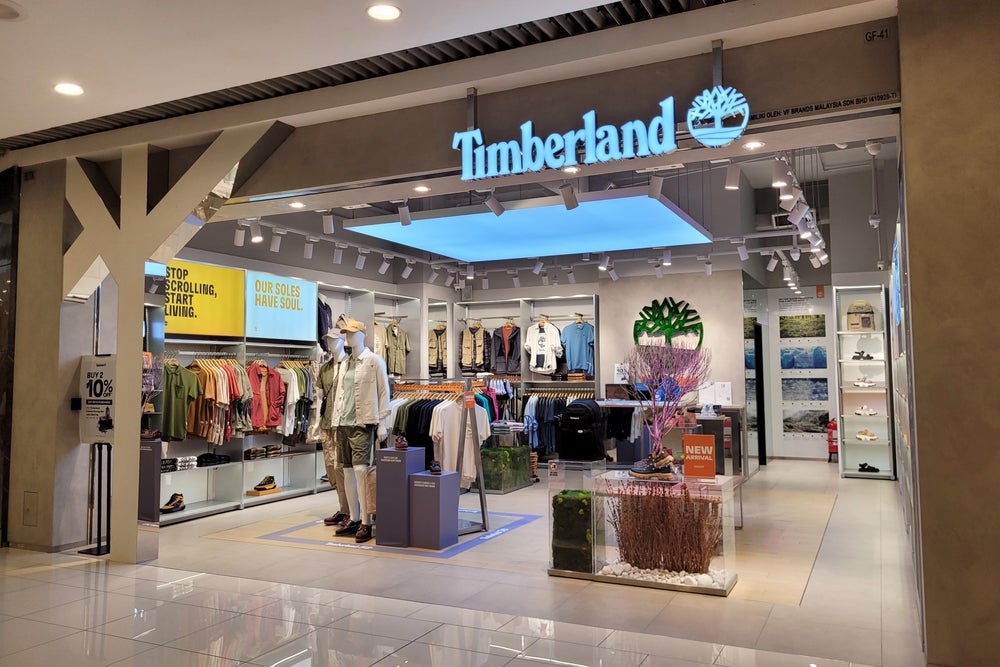The top X post this week came from the Daily Mirror, an English newspaper in Sri Lanka, where it reported on how the Joint Apparel Association (JAAF) had observed a growing pattern within Sri Lanka's apparel manufacturing industry.
The association discovered that there had been a 21% increase in companies opting to adopt the Global Organic Textile Standard (GOTS), compared to the previous year.
Local apparel giants such as Hirdaramani International Exports, MAS Intimates, and Brandix are among those who have obtained GOTS certification, enabling them to produce sustainable clothing for children, women, men, and infants.
In another post, Bharat Tex who hosts the largest global textile event in India announced "Bharat Tex 2024" is taking place in New Delhi, from 26-29 February to showcase India’s commitment to becoming a global sourcing destination and textile powerhouse.
Beyond being an exhibition, Bharat Tex 2024 promises to provide an immersive experience, uniting key players from the Indian and global textile sectors and also spotlighting the opportunities, infrastructure, incentives, and benefits available in India for global investors and buyers.
The event claims to encapsulate the “5F” vision, which covers the entire textile value chain, from farming to fibre production, manufacturing, fashion, and foreign markets, as described by the union minister of textiles, commerce & industry, consumer affairs and food & public distribution, Shri Piyush Goyal.
Location technology firm, NGIS mentioned in an X post that its executive director and senior GIS developer announced the Material Impact Explorer (MIE) at the 2023 Textile Exchange Conference.
The MIE is a risk assessment tool designed specifically for the fashion, textile, and apparel industry and aims to facilitate a better understanding of the environmental challenges and opportunities related to raw material sourcing.
Non-profit Textile Exchange, in collaboration with global technology company, Google, along with NGIS and the World Wildlife Fund (WWF), has been working on the MIE since 2021.
There was also a post on X relating to the Bangladesh wage board holding an additional meeting on 1 November to finalise the minimum monthly wage, by GoSweat, a grassroots anti-sweatshop campaign and non-profit ethical T-shirt company
A local news publication reported that the minimum wage board met for a fourth meeting at its office in Segunbagicha, Dhaka to discuss the proposed garment worker wages, which will come into effect from December this year.
Allegedly, the workers’ representative on the wage board Sirajul Islam Rony proposed Tk 20,393 ($184.6) as the minimum monthly salary for garment workers. However, the garment factory owners’ representative on the board, Md Siddiqur Rahman, proposed almost half (Tk 10,400) of the proposed amount as the minimum monthly salary.
Our signals coverage is powered by GlobalData’s Thematic Engine, which tags millions of data items across six alternative datasets — patents, jobs, deals, company filings, social media mentions and news — to themes, sectors and companies. These signals enhance our predictive capabilities, helping us to identify the most disruptive threats across each of the sectors we cover and the companies best placed to succeed.















